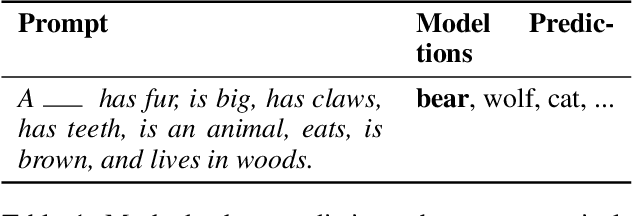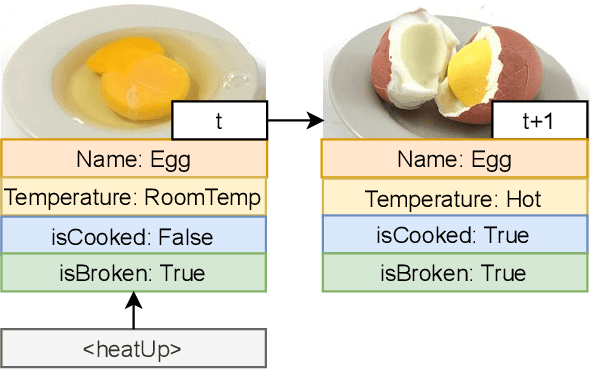Commonsense Knowledge Reasoning and Generation with Pre-trained Language Models: A Survey
Paper and Code
Jan 28, 2022



While commonsense knowledge acquisition and reasoning has traditionally been a core research topic in the knowledge representation and reasoning community, recent years have seen a surge of interest in the natural language processing community in developing pre-trained models and testing their ability to address a variety of newly designed commonsense knowledge reasoning and generation tasks. This paper presents a survey of these tasks, discusses the strengths and weaknesses of state-of-the-art pre-trained models for commonsense reasoning and generation as revealed by these tasks, and reflects on future research directions.
* AAAI 2022
 Add to Chrome
Add to Chrome Add to Firefox
Add to Firefox Add to Edge
Add to Edge